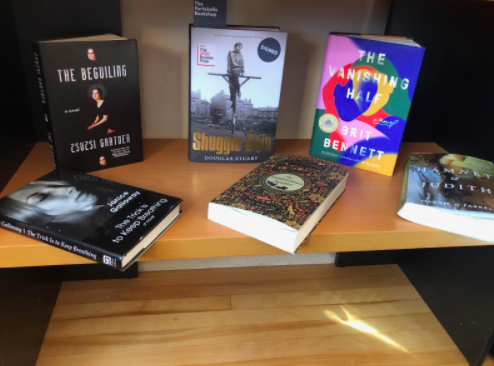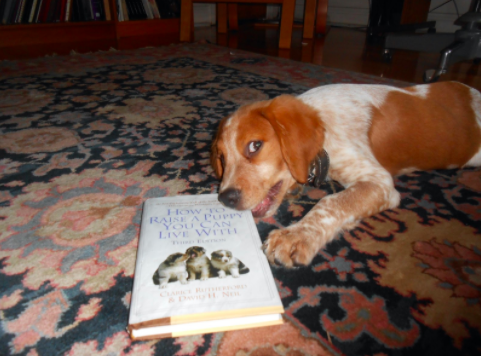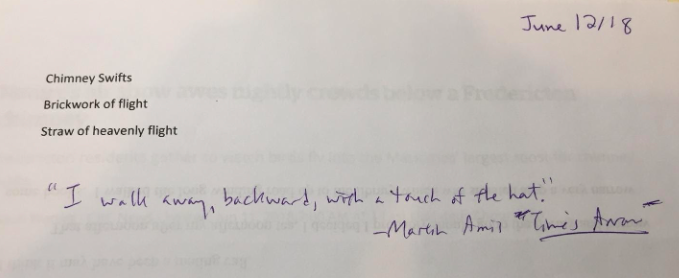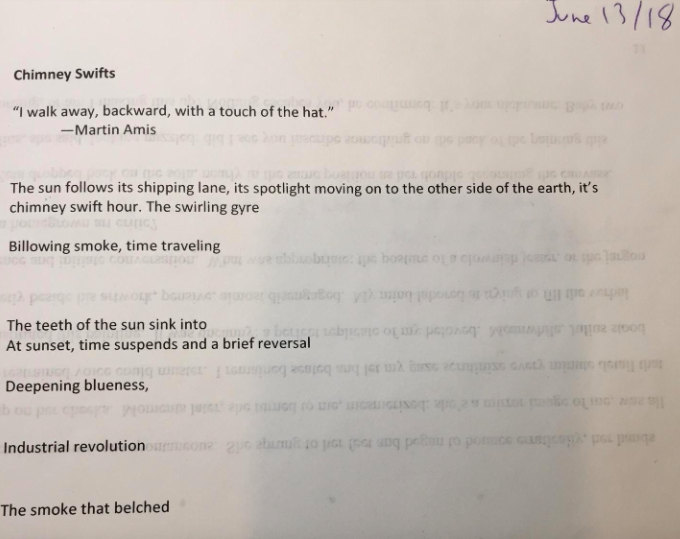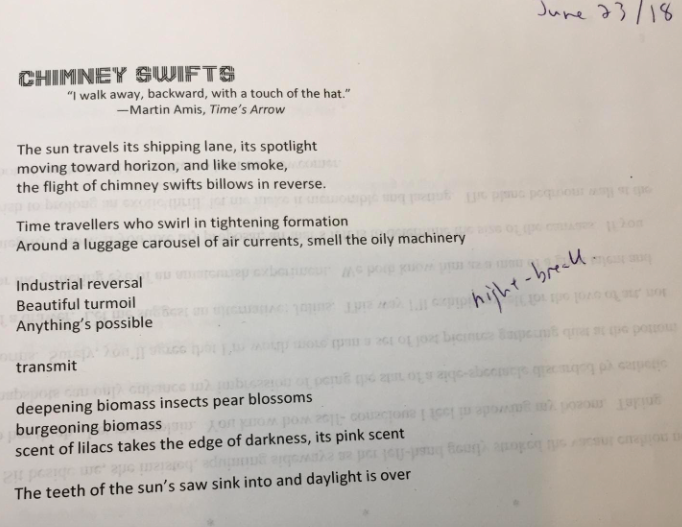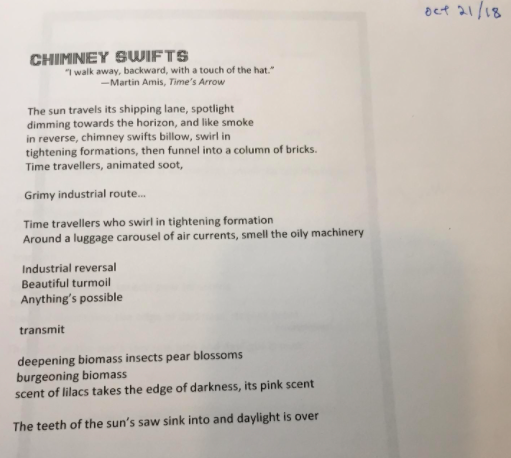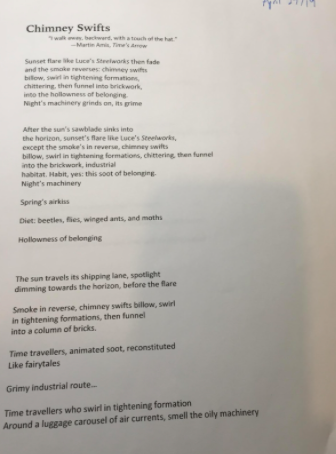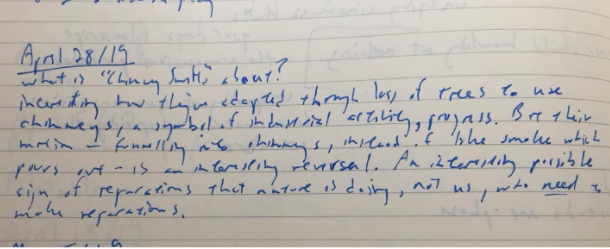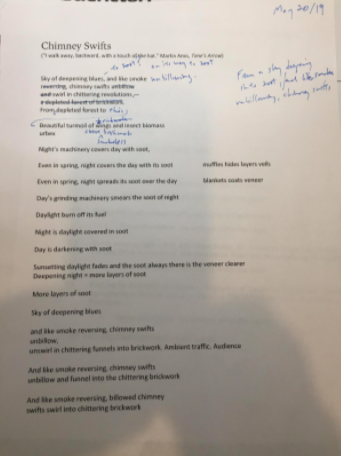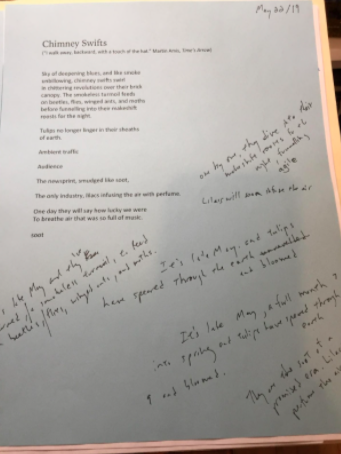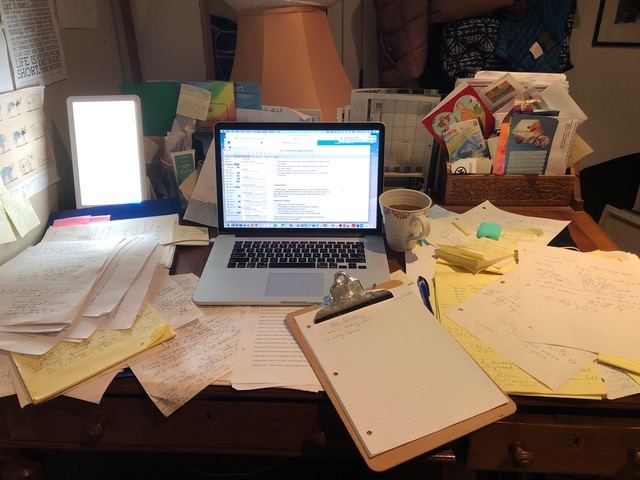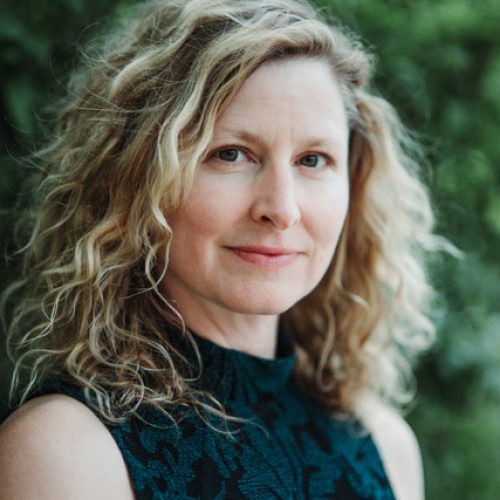Finding the Form with Melody Goetz
Well. I was minding my own business one morning, dutifully fulfilling a promise I’d made to my writerly self – that for 5 days a week I would set an egg timer (you remember those!) for 20 minutes, take out a battered old notebook, and write whatever came. This was nonplussing, as you could well imagine. The thoughts that poured forth from within were not Rilke, nor were they Rumi. It wasn’t pretty. But I’d promised. See, I’d gone to enough writing workshops and heard this recommendation enough times to know that regular practice was essential. That writing in free-flow was a way of keeping the writerly pipeline clean and fluent. You may have also read of this concept as “morning pages” in Julia Cameron’s book, “The Artist’s Way”. Anyway.
And so it was, all rumpled and reluctant one morning, I set the egg timer yet again, took up my pen and began to write. It had gotten to the point where I didn’t really pay attention to what I was writing – like, the inner critic who had every right to shriek with dismay and call a halt to the proceedings had been sent out for coffee, and my hand was happily recording whatever came out of my head. (You may be thinking, ‘that’s what she’s doing now’. Fair enough.) So, there I was writing away, and all of a sudden I began to notice that, in some inexplicable way, I wasn’t providing the text anymore. That there was someone dictating the words, and her voice was strong, and her personality even stronger. Enter Isabel. The story published here is the first story she told me. On some level, I can’t claim it as mine, but I was her way into the world, it seems. I was astonished; the story came out whole. She was brash and unwavering, and …unscripted. Here I was in my mid-30’s, writing out the life of some scrappy elderly farmwoman. Huh?!
The next day after work, I went into my room, set the egg timer for 20 minutes, thinking ‘that was a one-off’, that now I’d be writing drivel once more. But no. Isabel wasn’t done. She didn’t ask my permission, she just showed up and my writing hand obeyed. In the end, she gave me 3 stories ‘for free’ – 3 stories I’ve hardly needed to edit, except for adjusting her vernacular for clarity. She proceeded to boss me around for the next few decades. It seemed she expected me to finish her story, and it was my turn to unearth it.
Well. The full manuscript languishes under my couch right now, waiting for a final epiphany. I have 3 or 4 boxes (!) of tryings. There is a knot at the heart of the story that seems to need time to loosen. Every year or so I pick it up and sit with the old girl again. Turns out I’m an old girl now, me self. Just crossed 60. And, turns out Isabel’s not going to loosen that knot for free. She’s leaving it up to me. And so, maybe it’s time to pull out the egg-timer, give it another go. 2021 may be the year…
I hope you enjoy her story. Isabel & I wish you peace, health, and… well, even more peace.
Born in Saskatchewan, Melody Goetz currently lives in BC. Her short stories have been shortlisted twice in the CBC Literary Competition, and she is the author of a poetry chapbook as well as a book of stories garnered from a professional career in corporate management in an eldercare community. Her poetry has appeared in numerous literary journals and anthologies. She is also a practicing visual artist.
Photo courtesy of Skull Kat


